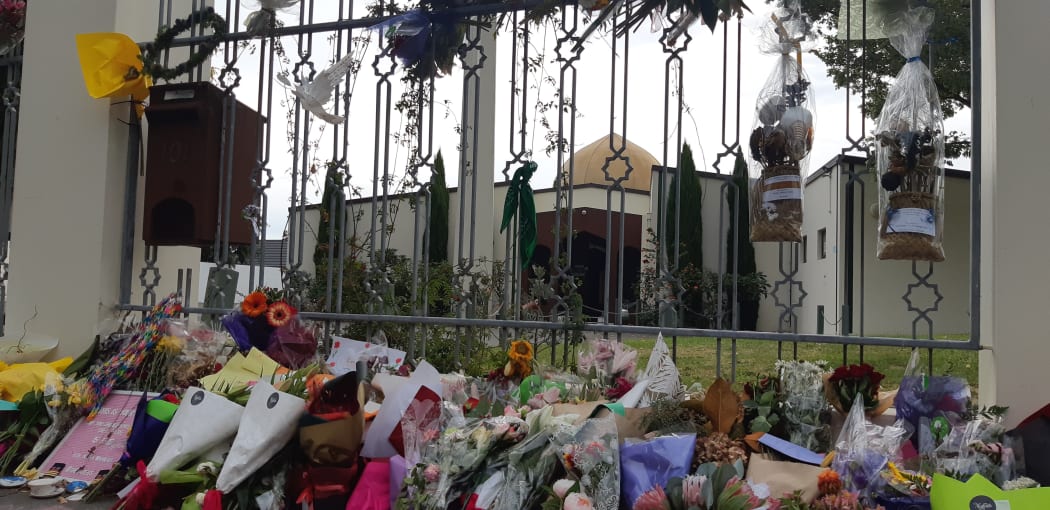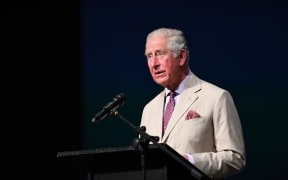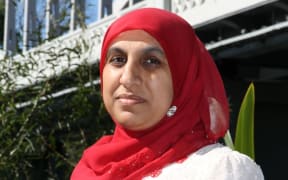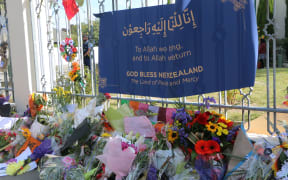The Christchurch Foundation supporting victims of the mosque shootings has outlined how millions of dollars have and will be distributed.

Al Noor Mosque strewn with flowers and offerings honouring the victims after the mosque shootings earlier this year. Photo: RNZ / Alex Perrottet
Former Christchurch City councillor Raf Manji led efforts to decide how the nearly $12 million fund would be distributed, with the help of the Muslim community.
The Victims' Fund, which provides cash support for those directly affected by the attacks, totals $7m and includes $3.57m for next of kin, $1m for those injured by bullets, $1.375m for children and widow support, $400,000 for medical support for those with severe injuries, and $500,000 for a hardship fund.
The $1.5m Education Fund will support higher education for children aged under 18 at the time of the attack. It is estimated about 100 children will receive $15,000 each. Distributions will be made based on application.
A $500,000 Community Support fund will remain open for further donations to help the Muslim community's long-term recovery and wellbeing.
There were about 60 donors of significance, but donations ranged from 50 cents to $1.5m - the largest single payment.
About $2m has already been paid out, including to purchase two ambulances for St John and distribute $120,000 worth of grocery and petrol vouchers.
Mr Manji said he had 160 meetings with members of the Muslim community over the last few months and received professional advice about funds distribution in relation to the 2017 Manchester Arena bombing, the 2017 Grenfell Tower fire, and the 2018 Toronto van attack.
He said the foundation would also be prioritising a long-term approach to manage the mental health impacts of the attacks.
"Many victims, outside the bereaved and bullet injured, have reported the effects of ongoing trauma and a challenging issue to treat, but a real long-term risk in the wider community."






